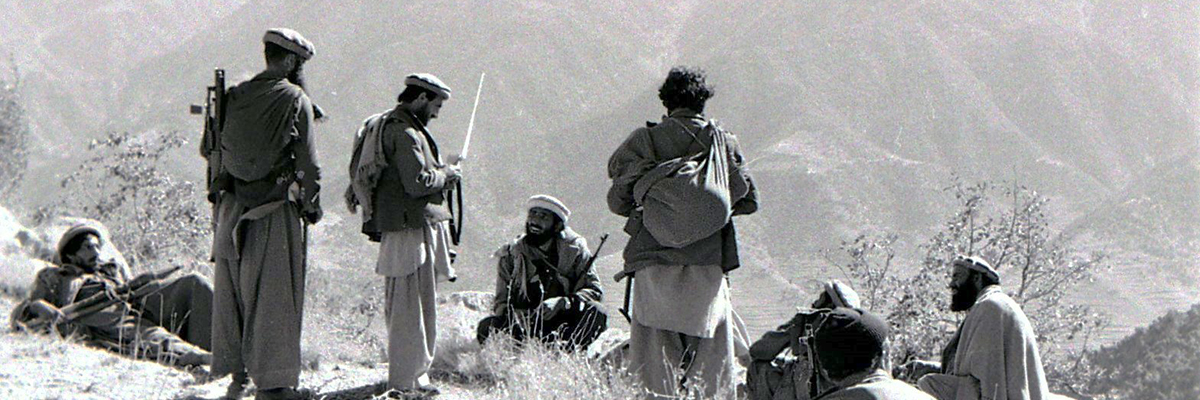The civil wars, foreign invasions, and bloodshed that have plagued Afghanistan for nearly a century have also destroyed much of the documentation of that nation’s modern history. An important trove of surviving materials, assembled by the Library of Congress Field Office in Islamabad, is now preserved at CRL through the joint efforts of the Middle Eastern Materials Project (MEMP) and the South Asia Materials Project (SAMP). The materials, in Pushto, Persian, and Dari languages, have been microfilmed and some items digitized.
The LC field offices locate and collect hard-to-acquire materials for the benefit of policymakers and scholars in the U.S. and around the world. Without CRL’s efforts, LC’s remarkable achievement of amassing the Afghan materials might have been diminished, notes Judy Alspach, CRL’s area studies program manager. “Some of the documents had been acquired decades ago, and so were in danger of deteriorating,” says Alspach. They could have been lost at a time when insights to be gained from the mix of cultural perspectives in this beleaguered nation could be crucial.
“The lengthy runs of some publications collected are particularly notable,” says Alspach. For example, the Ministry of Information and Culture published Pushtun Zhagh, the official organ of Kabul Radio, from 1942 to 1977. This period spanned the monarchy of Zahir Shah; the rise of General Mohammed Daoud, who as prime minister more closely allied Afghanistan with the Soviet Union; and events leading to Daoud’s ultimate overthrow and establishment of the Democratic Republic of Afghanistan in 1978. Holdings of Avaz, a continuation of the Ministry’s publication, cover the years 1985–1995. That period saw the Soviet-Afghan war, early U.S. intervention, and the rise of the Taliban. Other materials preserved from this era include a partial run of the Kabul newspaper Jirgah.
